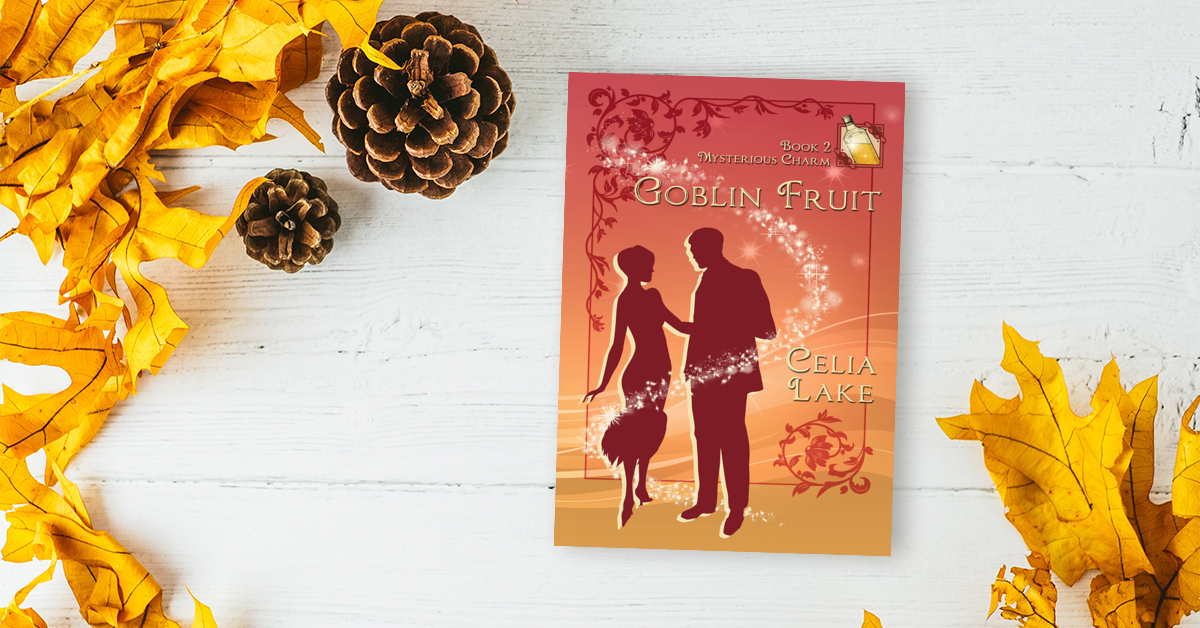More about the background of the Pact in the previous post. Here we’re looking at who makes the Pact, when, and some edge cases.

Who makes the Pact
In the apprenticeship post, I mentioned that about 50% of the population has a low level of magic. To clarify, this means people who are of Albion (magical) – not the total population of Britain.
You can think about the demographics here as being like any other fairly widely held talent. Most people can sing a little bit. But for most people, that’s going to be singing for their own pleasure, humming along when music’s playing or in the shower.
A lot of people can generally carry a tune in a bucket, but they’re not going to be doing that for a significant audience in public. That’s our 50% with minimal magic (and also usually minimal training in it).
These are people who – in Albion – make the Pact, have access to services in the magical community, and can use magical devices. Those things are small, but they can make up for substantial low-key benefits over time.
Someone who can use a magical stove needs to spend less time going out and getting fuel for it. Their milk stays sweet longer in a keep-cold box, with less fuss about chunks of ice melting. If they make salves and such at home, those work better than the materials alone to prevent infection or problems. And these people can also benefit (depending on where they live and what’s going on) from services in Albion’s communities: portals, Healers, magical specialists, and more.
There are people who have much stronger magic, and that’s as I described in that post.
About 35% are at the level of ‘can sing happily in a community space, maybe with the occasional solo’, taking the lead in pub sings or equivalent events, and so on. Music is a more substantial part of their life and their community.
Finally, some people are strongly talented and well trained – these would be people who are making music a major part of their life (often their profession). At this stage, there are also more complex standards around expertise and the precise nature of their skills. That’s our last 10% or so.
(Obviously, these numbers don’t map directly to music in our world, but I hope that gives a better overall sense!)
When people make the Pact
People who grow up in Albion make the Pact when they turn twelve. That’s usually within a week or so of their birthday, depending on scheduling. Some families have more elaborate rituals for this, for others it’s the sort of routine administrative act like registering to attend a school. It takes perhaps ten or fifteen minutes total when you add up the greetings and congratulations.
It is witnessed by representatives from the Ministry or by other duly appointed individuals. The Lords and Ladies of the land, the magistrates, members of the Guard, etc. are all possible options here. Optimally, the witness is not from the family of the person making the Pact. But the truth magics mean that if that’s what happens, there are ways for the witness to confirm it under magical oath and for everyone to be secure about things having been done properly.
Immigration
Of course, sometimes people come to Albion as adults – or at least over the age of twelve. People who are briefly visiting usually are in places or situations where it’s not a problem. Either they’re entirely in the magical community, or well aware how to handle things otherwise. Witchcraft is still illegal in the United Kingdom until 1954, so it’s not like people would be going around talking about magic in the ways that could cause problems in most cases.
If someone wants to stay in Albion, they make the Pact as part of their immigration or visa arrangements. It’s then binding when they’re interacting with Albion. (What they do elsewhere on their own time in other countries not bound by the Pact is up to them.) When Henut and Philip Landry arrive in Albion in 1870, they make the Pact shortly after their arrival since Philip is already 12. Alexander does not until he turns 12.
Making the Pact
The actual ritual involved is very simple. There are a few standard sentences repeated by the person making the Pact. Making the Pact requires having a small amount of magical potential, but not very much. Think of it maybe like basic literacy. It doesn’t require any particular magical skill or expertise.
The magical work and heavy lifting is being done by the Pact itself. It’s basically a binary “Was the oath made in the expected way? Yes? Right, you are now bound by the Pact.” It’s very hard to mess up if you mean to make it. The witness is there to verify it was done.
While the witness is often magically competent, they aren’t doing any part of making the ritual work. If you think of it like taking an oath of citizenship after naturalisation, that might be a good model. It has a known structure, saying the words makes the thing official once it’s witnessed.
Edge cases
Developmental or intellectual disability
Children are protected by the Pact with a sort of ‘fog of confusion’. If they talk about Albion’s magic around people who shouldn’t know about it, the Pact encourages the people overhearing to take it in a way that won’t be a bother. Maybe they take it as a child’s fancy, or they think they misheard. Or they’ll forget the bit that was a problem. Which of these it is depends on the circumstances.
This also protects people who do not have the intellectual capacity to make the Pact due to developmental or intellectual disability (or for that matter, later injury).
In practice, this one is not a huge problem. Some people in this situation are likely to be either living enough in the magical community they aren’t interacting with people outside of Albion. Or if they’re living mostly in the non-magical community, and the people of Albion in their family might be careful how they talk about certain topics anyway.
Magic too slight
As above, the amount of magic someone needs to make the Pact is very small indeed. Most of the time in these cases, if someone comes from a magical family, they’ll make the Pact. They can also choose not to make it. But they’d need to arrange their life so it didn’t cause trouble for their family (who would have trouble talking about magic around them or anyone else). Again, the sort of ‘fog of magic’ effect is in play here: someone who doesn’t make the Pact might just feel a longstanding inclination never to talk about that topic in non-magical spaces.
The powerful self-protective magic is both powerful and fairly flexible in the protection, in other words.
